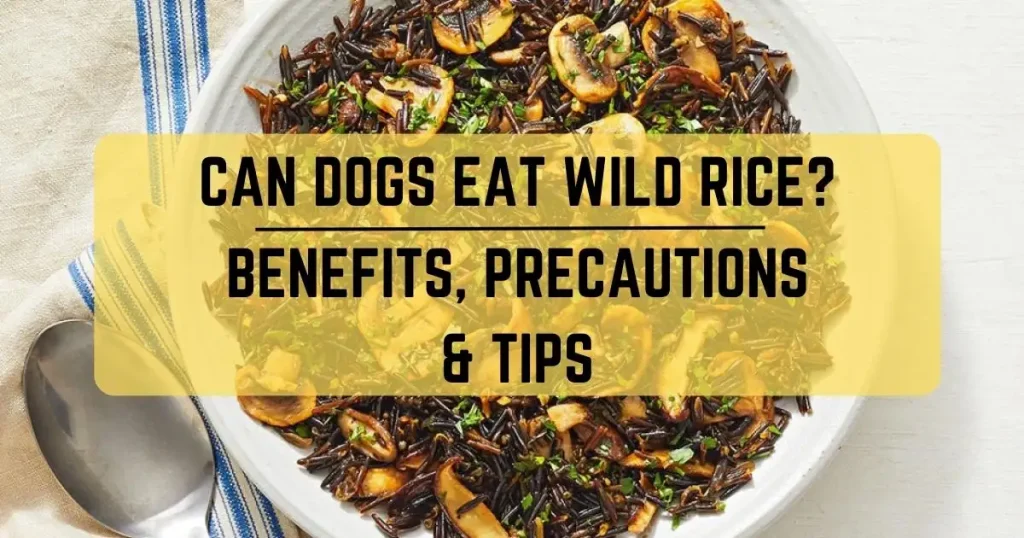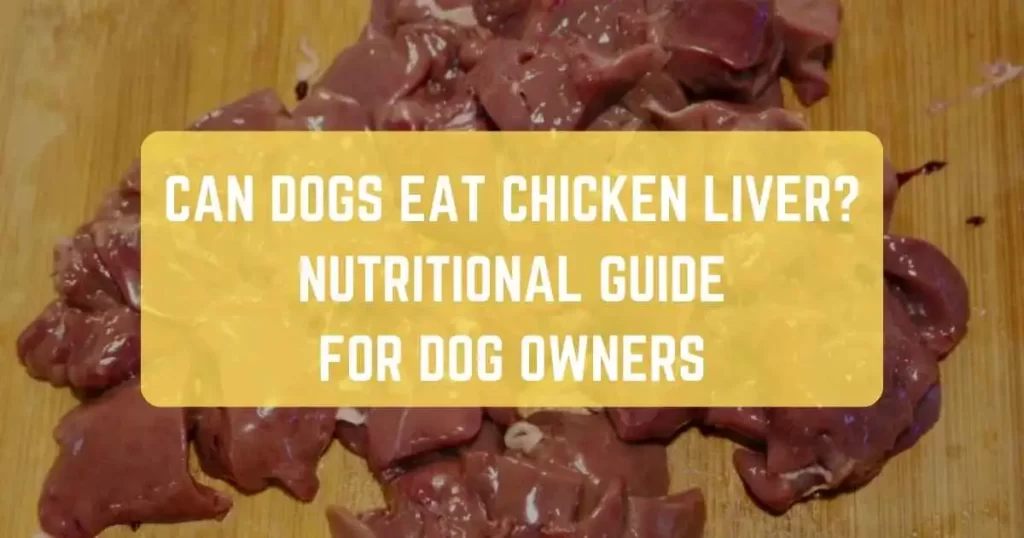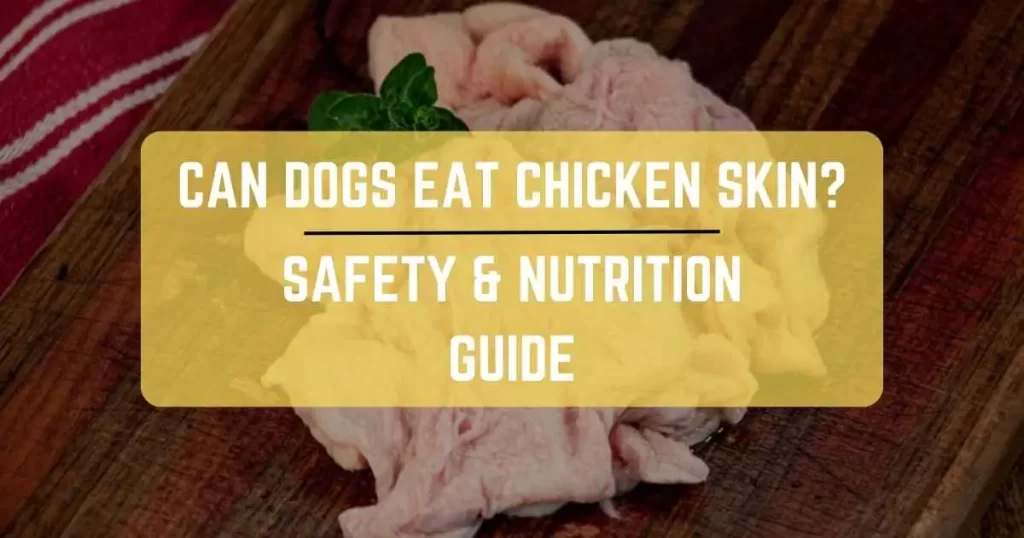
Discover the untapped potential of wild rice as a nutritional powerhouse for your beloved canine companion. Uncover the truth about what dogs can eat, from white rice to brown rice, and learn how to feed your dog rice to unlock a world of health benefits.
Delve into the secrets of how rice provides essential nutrients for dogs, paving the path to a healthier, more vibrant life. From the moment you realize that feeding your dog rice is more than just a meal—it’s a step towards vitality—this engaging journey begins.
So, let’s embark together on a quest to unveil the wonders of wild rice and its profound impact on your furry friend’s well-being.
Can Dogs Eat Wild Rice?
Yes, dogs can eat wild rice. It is safe for them in moderate amounts and can be a good source of fiber and other nutrients. However, it should not replace their regular diet. Always cook the rice thoroughly before feeding it to your dog.
Nutritional Value of Wild Rice for Dogs
When it comes to the nutritional value of wild rice for dogs, this whole grain offers a range of benefits that can contribute to their overall health and well-being. Here’s a closer look at the key nutrients and qualities that make this a favorable choice:
- Fiber-Rich Alternative: it contains more fiber than white rice, making it an excellent option for promoting healthy digestion in dogs.
- Essential Nutrients: This type of rice is rich in essential nutrients such as manganese, phosphorus, and B vitamins, all of which are vital for supporting various bodily functions.
- Low Carb, High Nutrition: Unlike white rice, it is low in carbohydrates, which can be beneficial for dogs that need to maintain a healthy weight.
- Protein Content: While not as protein-dense as some other grains, it still contributes a moderate amount of protein to your dog’s diet.
- Vitamins and Minerals: It provides a range of vitamins, including B vitamins like thiamine and riboflavin, which are important for energy production and overall health.
- Antioxidant Properties: It contains antioxidants that can help neutralize harmful free radicals in a dog’s body, supporting its immune system.
Benefits Of Wild Rice for Dogs
When it comes to choosing the right type of rice for your canine companion, wild rice stands out as a nutritious and beneficial option. Incorporating it into your dog’s diet can offer a range of advantages that contribute to their overall health and well-being.
Supports Digestive Health
The fiber content in wild rice makes it an excellent choice for promoting healthy digestion in dogs. Adequate fiber intake can aid in regular bowel movements, prevent constipation, and maintain a healthy gut environment. Unlike some other grains, they are less likely to cause digestive issues, such as diarrhea, making it a gentle option for dogs with sensitive stomachs.
Balances Energy Levels
It provides a steady source of complex carbohydrates that can help sustain your dog’s energy levels throughout the day. This gradual release of energy can be particularly beneficial for active dogs or those with high energy requirements. It prevents the sudden spikes and crashes in energy that can occur with simple carbohydrates found in some commercial dog foods.
Nutrient Diversity
Variety is key when it comes to providing a well-rounded diet for your dog. Wild rice adds diversity to your dog’s meal plan, offering nutrients that may not be as abundant in other types of dog food. It’s an especially valuable addition for dogs that primarily consume commercial dog food, as it introduces a different set of nutrients to support their health.
Considerations and Precautions
While wild rice brings numerous benefits to the table, it’s important to introduce it gradually to your dog’s diet. Any sudden changes in diet can lead to stomach upset.
Additionally, like with any new food, keep an eye out for any signs of allergies or sensitivities. It’s also recommended to consult your veterinarian before making any significant changes to your dog’s diet, especially if they have underlying health conditions.
How to add Wild Rice to your dog’s diet?
Now that you know wild rice is safe and beneficial for your dog, let’s talk about how to incorporate it into their meals.
Remember, moderation is key. Begin by cooking them thoroughly to make it easier for your pup to digest. You can mix it with their regular dog food or combine it with lean protein sources like cooked chicken or turkey.
Transitioning to rice should be gradual to avoid any tummy troubles. Start by replacing a small portion of their carbohydrates with cooked rice. Watch how your dog responds; if they’re enjoying it and their digestion remains stable, you can gradually increase the amount over time.
Alternatives to Wild Rice for your dog
While it is a great addition to your dog’s diet, there are other options you can consider too. Brown rice is a commonly used whole grain that’s gentle on a dog’s stomach. Quinoa is another alternative that’s rich in protein and nutrients.
However, always ensure that any new food you introduce suits your dog’s individual dietary needs and doesn’t trigger allergies or sensitivities.
Conclusion – Safe for Dogs to Eat
In conclusion, YES, you can feed wild rice to your dog. This whole grain provides a source of fiber, nutrients, and energy that can contribute to their overall well-being. Remember to introduce it gradually and keep a keen eye on how your dog responds.
As a content writer who adores dogs, I can confidently say that adding some carbohydrates in the form of rice to your pup’s diet can be a flavorful and nutritious way to show them how much you care.
Frequently Asked Questions
Can dogs eat wild rice every day?
Yes, dogs can eat wild rice every day in moderate quantities. Wild rice is non-toxic to dogs and can be a good source of fiber and nutrients. However, it should not constitute a major part of their diet as dogs need a balanced diet primarily of protein.
Can dogs have wild rice soup?
Yes, dogs can have wild rice soup, provided it does not contain ingredients that are harmful to dogs such as onions, garlic, or high levels of sodium. Always check the ingredients before feeding your dog any human food.
Can puppies eat wild rice?
Yes, puppies can eat wild rice. It’s safe but should be given in moderation and cooked properly to ensure easy digestion. As with adult dogs, the primary diet for puppies should be specially formulated puppy food to meet their nutritional needs.









